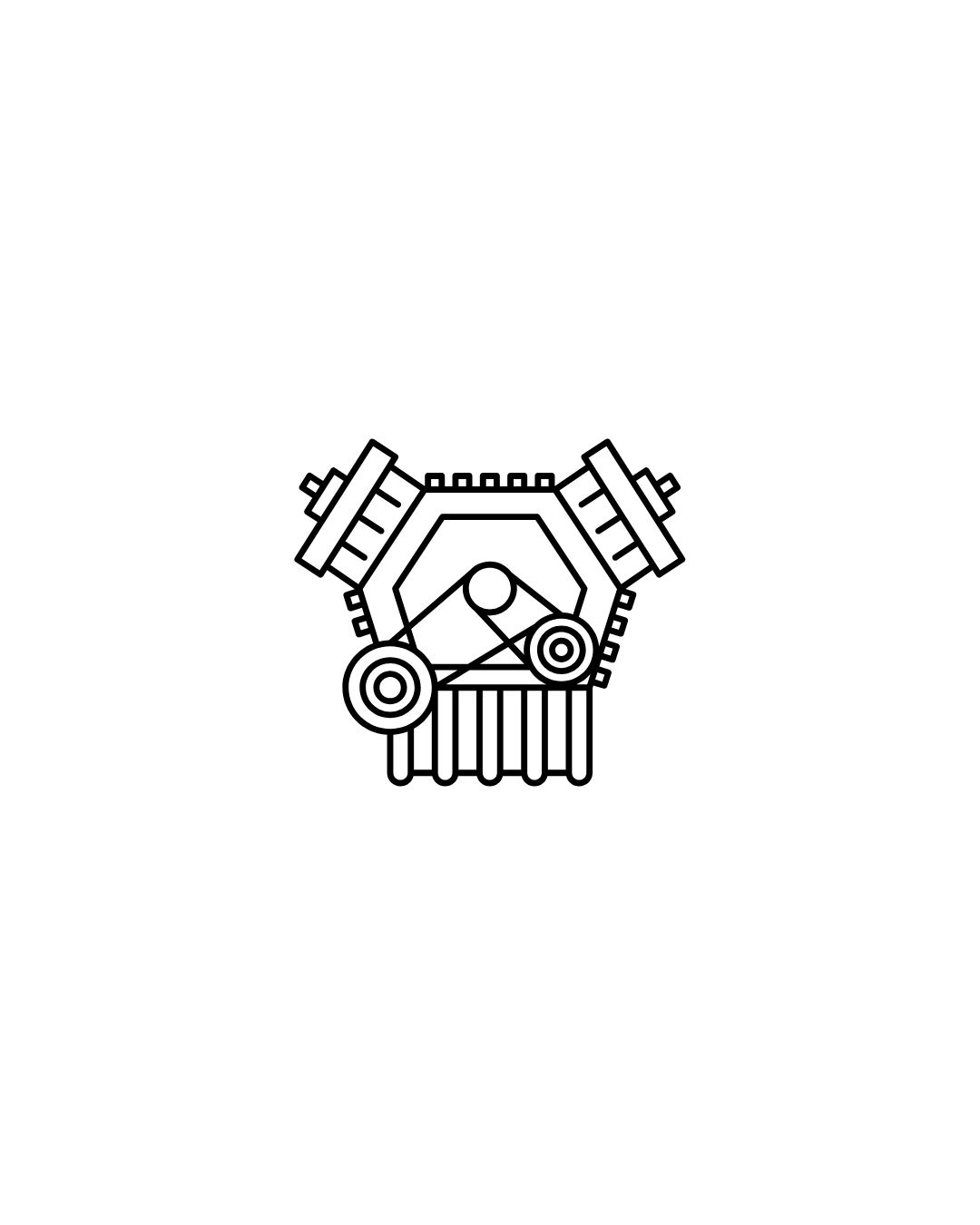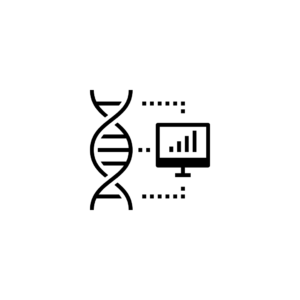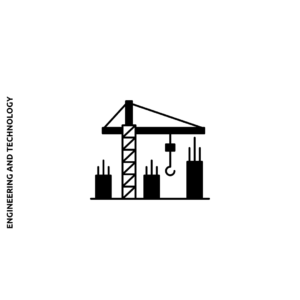Description
A Diploma in Chemical Engineering is a specialized program that provides students with the knowledge and skills needed to work in the chemical industry. This diploma focuses on the principles of chemical processes, equipment design, and production techniques used in various sectors, including pharmaceuticals, petrochemicals, food processing, and environmental engineering.
Curriculum Overview
The curriculum for a Diploma in Chemical Engineering typically includes both theoretical coursework and practical laboratory experiences. Here are some common subjects and areas of study you might encounter in this program:
Basic Chemical Engineering Principles:
Introduction to the fundamentals of chemical engineering, including process design and analysis.
Fluid Mechanics:
Study of fluid properties, flow behavior, and the application of fluid dynamics in chemical processes.
Thermodynamics:
Principles of energy transfer and the behavior of gases and liquids, essential for understanding chemical reactions.
Mass Transfer Operations:
Concepts of mass transfer phenomena, including absorption, distillation, and membrane processes.
Chemical Reaction Engineering:
Study of chemical kinetics, reactor design, and the analysis of reactions in industrial processes.
Process Control and Instrumentation:
Introduction to process automation, control systems, and the instruments used in chemical engineering.
Separation Processes:
Techniques for separating components in mixtures, including filtration, centrifugation, and extraction.
Chemical Process Equipment:
Overview of equipment used in chemical production, such as reactors, heat exchangers, and pumps.
Environmental Engineering:
Study of environmental issues related to chemical processes, including waste management and pollution control.
Safety and Hazard Analysis:
Principles of process safety, hazard identification, and risk management in chemical operations.
Biochemical Engineering:
Introduction to processes involving biological systems, including fermentation and enzyme technology.
Project Work:
A hands-on project or case study that allows students to apply their knowledge in a practical setting.
Career Opportunities
Graduates of a Diploma in Chemical Engineering can find diverse employment opportunities in various industries, including chemicals, petrochemicals, pharmaceuticals, food and beverage, and environmental services. Some potential job roles include:
Chemical Engineer: Designing processes for the production of chemicals and overseeing manufacturing operations.
Process Engineer: Optimizing chemical processes and improving efficiency in production plants.
Production Supervisor: Managing daily operations in chemical manufacturing facilities.
Quality Control Technician: Ensuring that products meet quality standards and regulatory requirements.
Research and Development Technician: Assisting in the development of new products and processes in laboratories.
Environmental Engineer: Working on projects related to waste treatment, pollution control, and environmental compliance.
Safety Officer: Implementing safety protocols and conducting risk assessments in chemical plants.
Laboratory Technician: Conducting experiments and analysis in chemical laboratories.
Sales Engineer: Providing technical support and expertise in the sale of chemical products and technologies.
Consultant in Chemical Engineering: Offering professional advice on chemical processes, safety, and regulations to companies.
Further Education
After completing a Diploma in Chemical Engineering, graduates may choose to further their education by pursuing a Bachelor?s degree in Chemical Engineering or a related field. Additionally, obtaining certifications in specialized areas, such as process safety management or environmental engineering, can enhance career prospects and professional development.
If you have any questions about the Diploma in Chemical Engineering program, potential career paths, or other related topics, feel free to ask!









